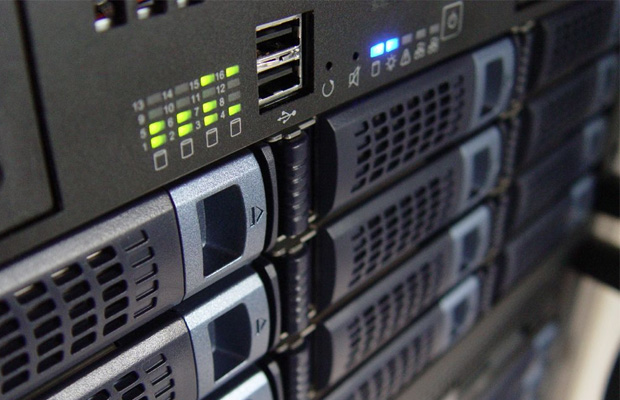How Do You Choose The Right Web Server?

If you hope to have any degree or web presence for your business, you will need a dedicated web server. Even if you’re just writing a blog in your spare time, it’s essential that you choose the right one. Every website, no matter how small or big, will have the need for a web server. However, choosing the one that best suits your needs isn’t as easy at you might think at first.
There are a couple of key questions that you need to ask depending on your circumstances, which will help you determine the right server for you. A good, reliable web server will keep your website up and running, despite the level of traffic you expect. So, how do you go about choosing the right host? Let’s delve into it.
Ask Your Staff
The people that are running the show alongside you probably know a little bit more about this subject than you do. Take the advice of your team of web developers. They’ll have an understanding of exactly what they expect from the launch or growth of your website. If you already have a website up and running, this becomes easier. However, if you’re just starting out, you may not know what to expect. This is where the advice of an expert could be crucial for you.
Consider Your Needs
Not all servers are created equally. In fact, there are many different types of servers depending on the circumstances. If you expect a certain amount of traffic, it’ll help you determine exactly which server is the best option for you. However, these projections aren’t always the easiest to figure out. If you’re just launching your website and don’t expect a ton of traffic, you can probably safely opt for a cheaper alternative. However, if you get a lot of visitors, it might be worth considering going with VPS plans. This will give you your own dedicated server that should be able to handle anything your traffic throws at you. There are other benefits, of course, so take a look to see if those plans suit your business needs.
How Many Pages Do You Have?
It is not uncommon for businesses to have more than one website. It could be that you have different brands, or even that you’re looking to capitalize on marketing techniques. This is all good, but it will affect what you need from your server provider. You need to work out whether you want a separate server for each website, or if you could get away with maybe having just one that branches across all of them. Your website location will matter, too. The distance between you and your server can affect the running speed. It may be a minimal effect, but it can become a problem. Look for a quality solution within your area for optimal results.
Of course, on top of all those considerations, you’ll also need to factor in your budget. Affordability is a key component to choosing a server. However, don’t choose the cheapest option. Instead, look at value for money.













 © 2024
© 2024
0 comments